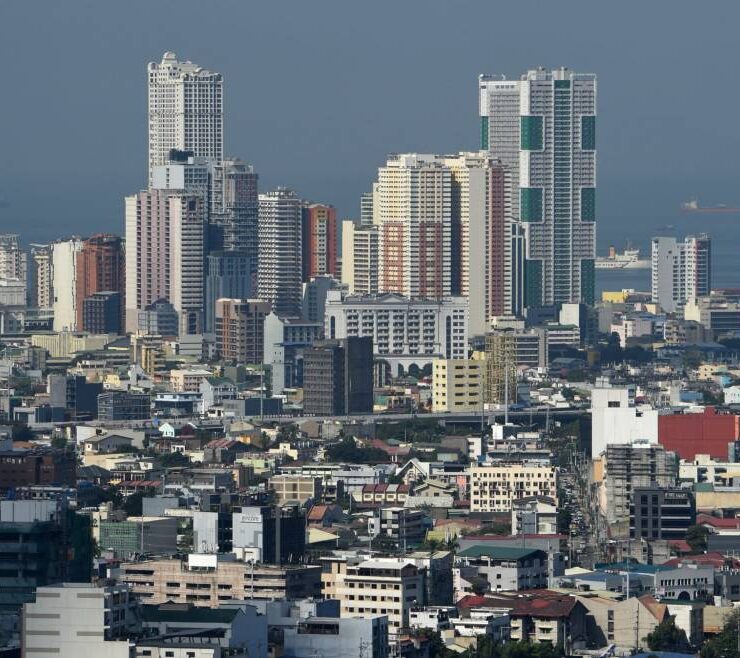Middle East conflict may delay next rate cut

An escalation of war in the Middle East may delay the next rate cut of the Bangko Sentral ng Pilipinas (BSP), analysts said, while calling for a cautious easing amid increasing oil prices and a weakening peso.
“The conflict in the Middle East has made further easing more difficult, as higher oil prices add pressure to inflation and the peso,” said Jun Neri, lead economist at Bank of the Philippine Islands (BPI).
“If the conflict escalates further, it could even prevent the BSP from cutting rates further,” Neri added.
While another cut to the local policy rate remained possible this year, the BPI economist said a cautious stance was warranted given the risk of an abrupt tightening of US monetary policy. This, as US President Donald Trump’s tariffs and the Israel-Iran war threatened to push up inflation around the world, including in America.
At home, Neri said the BSP should stay mindful of risks to inflation, like a potential wage hike and the typhoon season.
“Containing inflation should remain the top priority, since high inflation has been the main reason for the slowdown in [gross domestic product] growth—more so than the current level of interest rates,” he said.
Last week, the powerful Monetary Board (MB) trimmed the policy rate, which banks use as a guide when pricing loans, by a quarter point to 5.25 percent. It was a widely expected decision that brought the cumulative reductions under the current easing cycle to 1.25 percentage points.
BSP Governor Eli Remolona Jr. said the central bank may cut once more in one of the last three meetings of the MB this year. He added the ongoing war in the Middle East and uncertainty over US trade policy “require closer monitoring.”
On the other hand, analysts at Japanese investment bank Nomura are more dovish, penciling in two more quarter-point cuts this year. The only concern, in Nomura’s view, is the timing of the next moves.
“An escalation in the Middle East conflict that is accompanied by further increases in oil prices could keep BSP from cutting and instead prompt it to leave the policy rate unchanged in the near term,” the bank said.
“BSP also highlighted in [its] policy statement … that the monetary board will ‘continue to assess the impact of prior monetary policy adjustments,’ which in our view suggests BSP could pause, if the domestic economy shows signs of improvement in the short-run,” it added.





















